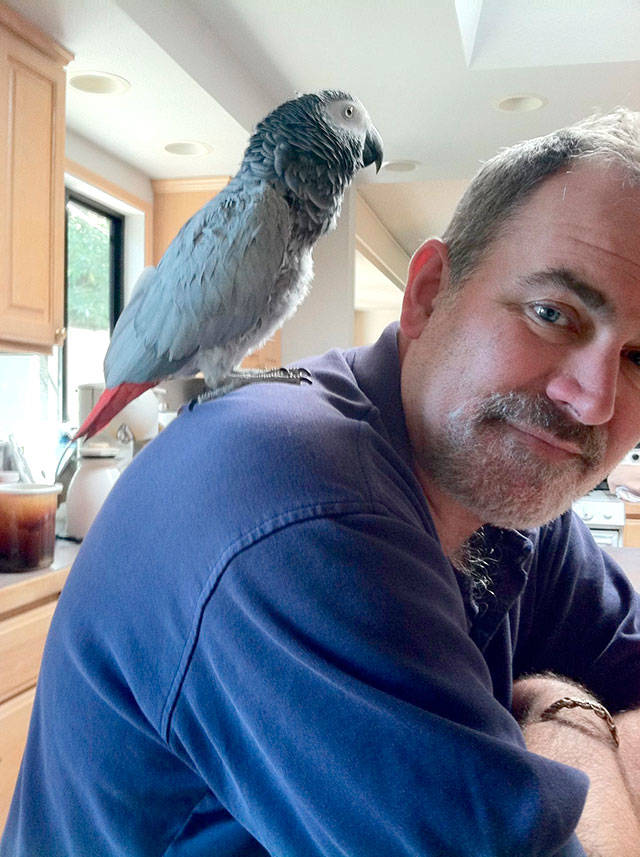A few years ago, I took over as medical lead for Mercer Island’s volunteer Emergency Management Program. This is a large group of individuals, led by Officer Jennifer Franklin, who are working together to get Mercer Island prepared in the event of a major disaster.
A large earthquake is the typical scenario considered during our discussions, but since I have practiced pediatrics on the Island, the January 1993 Inaugural Day Storm, the 2001 Nisqually earthquake and the December 2006 Hanukkah Eve Storm have tested the Island’s resilience. During all of these events, the Island was left without power in some areas for several days. Increased requests for emergency services were significant.
Other events, such as the H1N1 influenza outbreak in 2009 and the city water contamination episode on Mercer Island in September 2014 are examples of different scenarios that have tried us and our resources.
One of the most profound messages I get in every one of my emergency preparedness meetings at both the local and state level is that in the event of a major disaster, resources for individual assistance will be scarce.
This is particularly true on Mercer Island.
At any given time on the Island, we have a limited number of police and fire personnel to handle our collective needs. When (not if) a major disaster occurs, resources will likely be overwhelmed, and there will be limited ability for the fire and police systems to respond in a normal fashion. Our food and fuel supply will be taxed. We could lose access to one or both bridges leading to and off the Island. Patience will be in short supply. Many of you have seen what happens in our local grocery stores when a minor event, such as a windstorm knocking out power for a few days, results in a run on needed food and supplies.
How best to prepare yourself and your family for a disaster?
1) Have a seven-day supply of food, water, and essentials.
2) Learn basic first aid and have a home first aid kit.
3) Know how to turn off water, natural gas, and electricity at your home.
4) Get to know your neighbors. You will need each other if there is an event.
5) Attend the Emergency Preparedness event at Luther Burbank Park on June 23. This is being held in conjunction with the Mercer Island Radio Operators (MIRO) National Field Day. MIRO is one of the volunteer teams that provides communications assistance to police and fire personnel during community events and in the event of a disaster. Come and see them in action, meet other extraordinary people who are working to ensure your safety and survival in the event of a disaster, and learn how to become more prepared!
6) Additional information can also be found at the following links: https://mercergov.org/emergencyprep and www.healthychildren.org/English/safety-prevention/at-home/Pages/Healthy-Children-Radio-Emergency-Preparedness-Audio.aspx
Hal C Quinn, MD has been practicing pediatrics on Mercer Island for 32 years. He is the medical lead for Mercer Island’s volunteer Emergency Preparedness program and serves on the Washington State Disaster Medical Advisory Committee.



